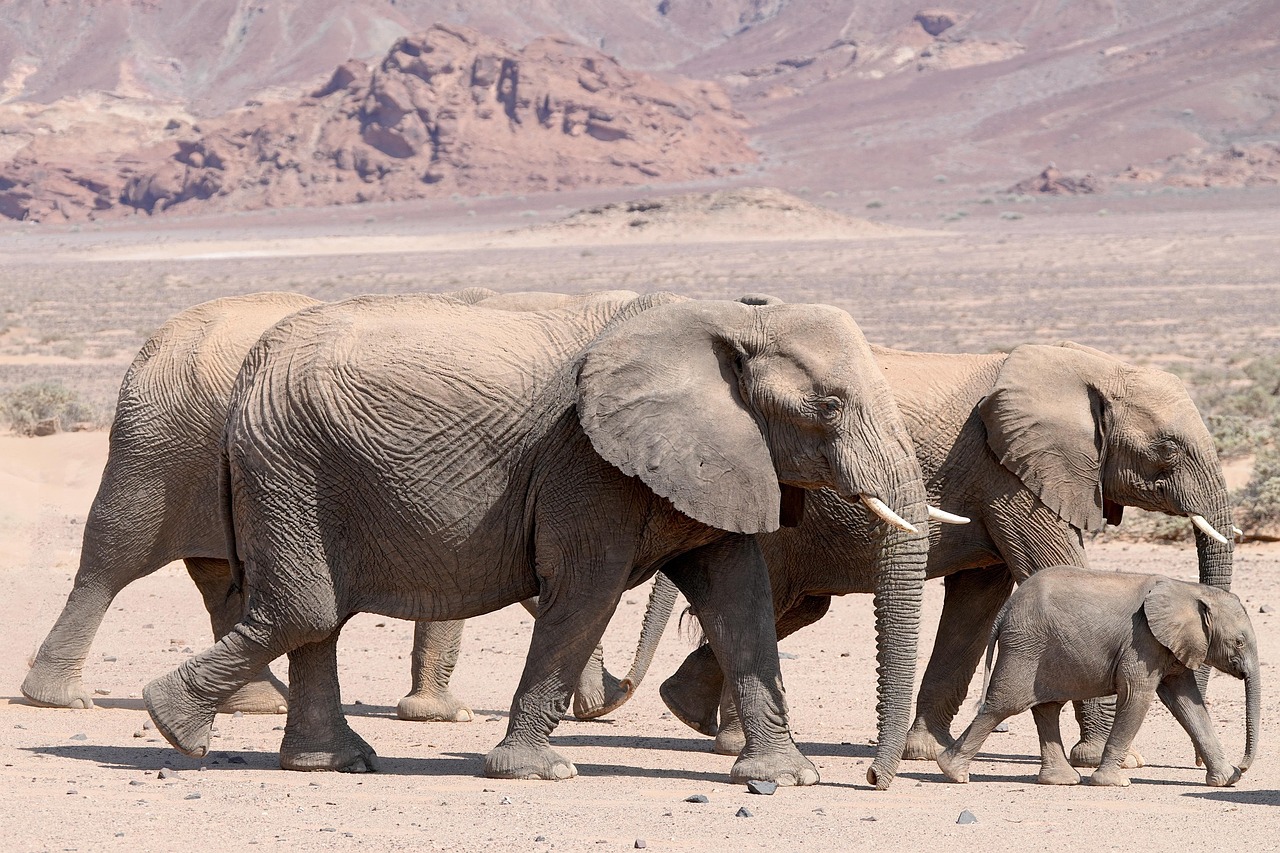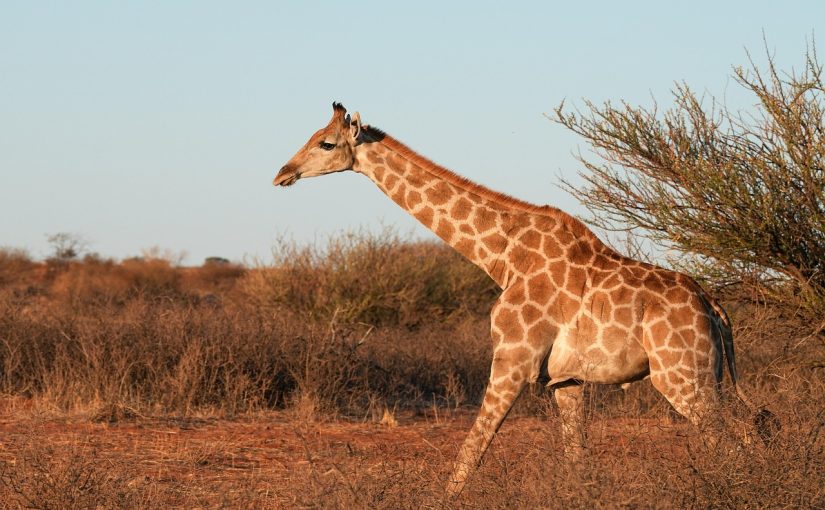Where Wilderness and Conservation Meet
Zambia, often overlooked in favour of its more famous African neighbours, boasts some of the most untouched landscapes on the continent. Through eco-tourism, Zambia is leading the way in sustainable travel while protecting its vast natural heritage. Learn why Zambia’s wilderness is a must-visit for eco-conscious travellers:
Pristine National Parks

Zambia’s national parks are a treasure trove of wildlife. With minimal human interference, these parks offer a raw, unfiltered view of Africa’s diverse species. Visitors can enjoy safaris in places like South Luangwa National Park, renowned for its walking safaris — one of the top things to do in Zambia.
Community Involvement in Conservation
Eco-tourism in Zambia plays a crucial role in funding local communities and supporting sustainable development. Many initiatives focus on balancing environmental conservation with the well-being of the people who depend on it. For example, the Royal Livingstone Victoria Falls Zambia Hotel by Anantara carries out such efforts to make a positive impact.
Wildlife Protection Efforts
Zambia’s anti-poaching measures are improving, with significant strides being made in protecting endangered species like the African wild dog and rhino. Visitors contribute to these efforts through park fees and donations.
Sustainable Lodges and Resorts
Eco-conscious accommodations are springing up throughout Zambia, from rustic camps to luxury eco-lodges. These establishments prioritise sustainability by using solar power, conserving water, and supporting local economies.
Educational Travel Experiences
Tourism in Zambia isn’t just about sightseeing. Educational programmes teach guests about the importance of preserving Zambia’s wildlife, ensuring they leave as ambassadors for conservation.
